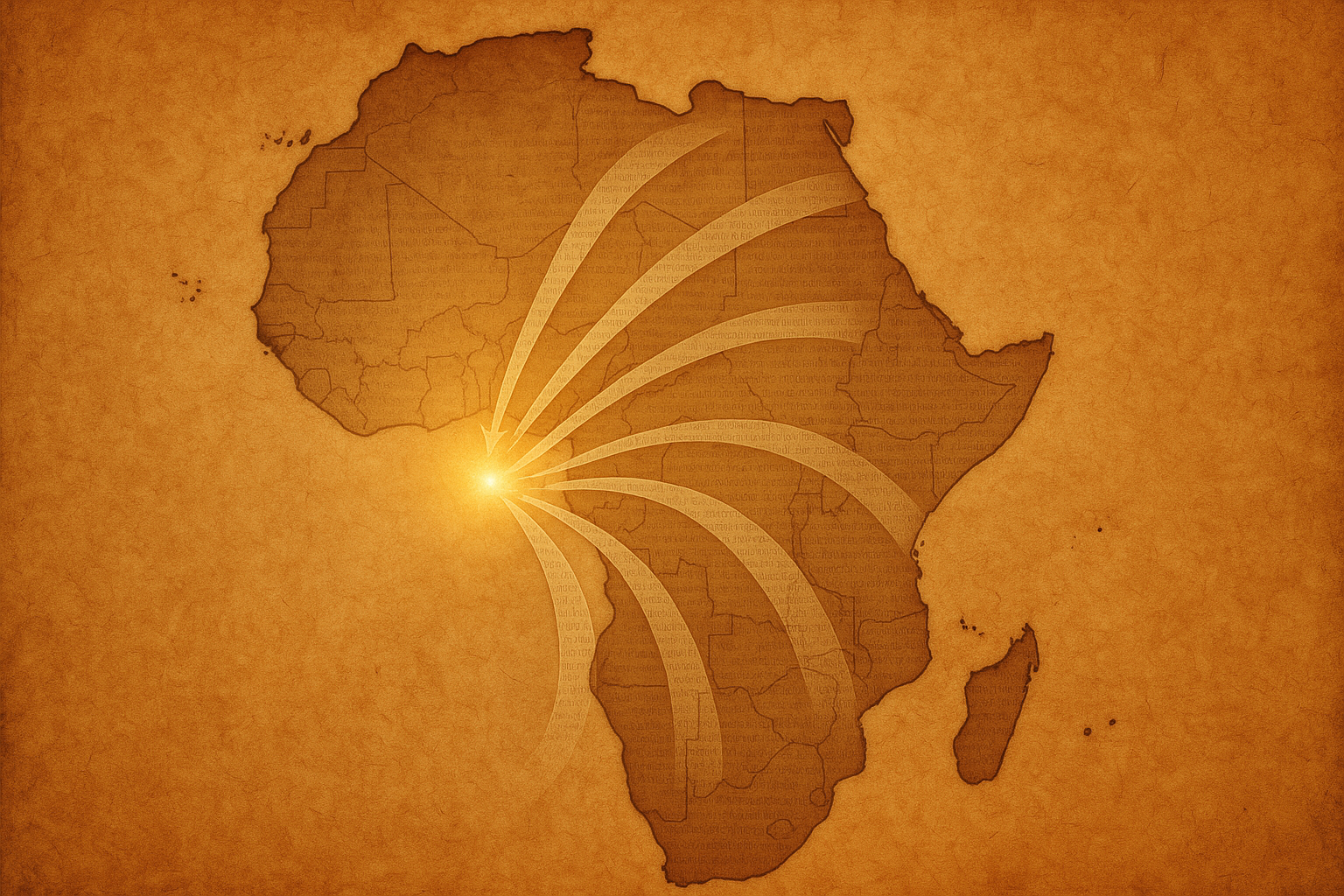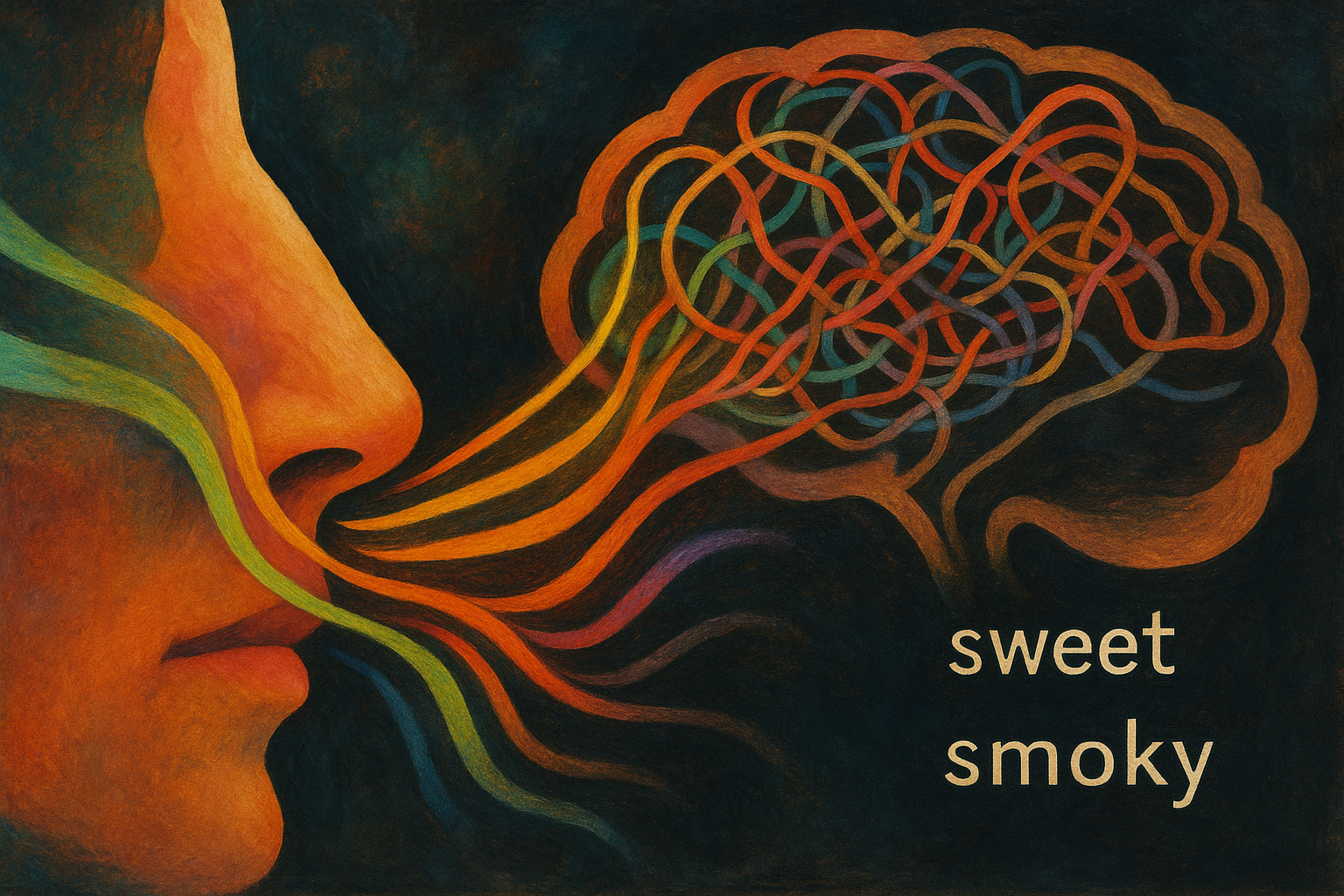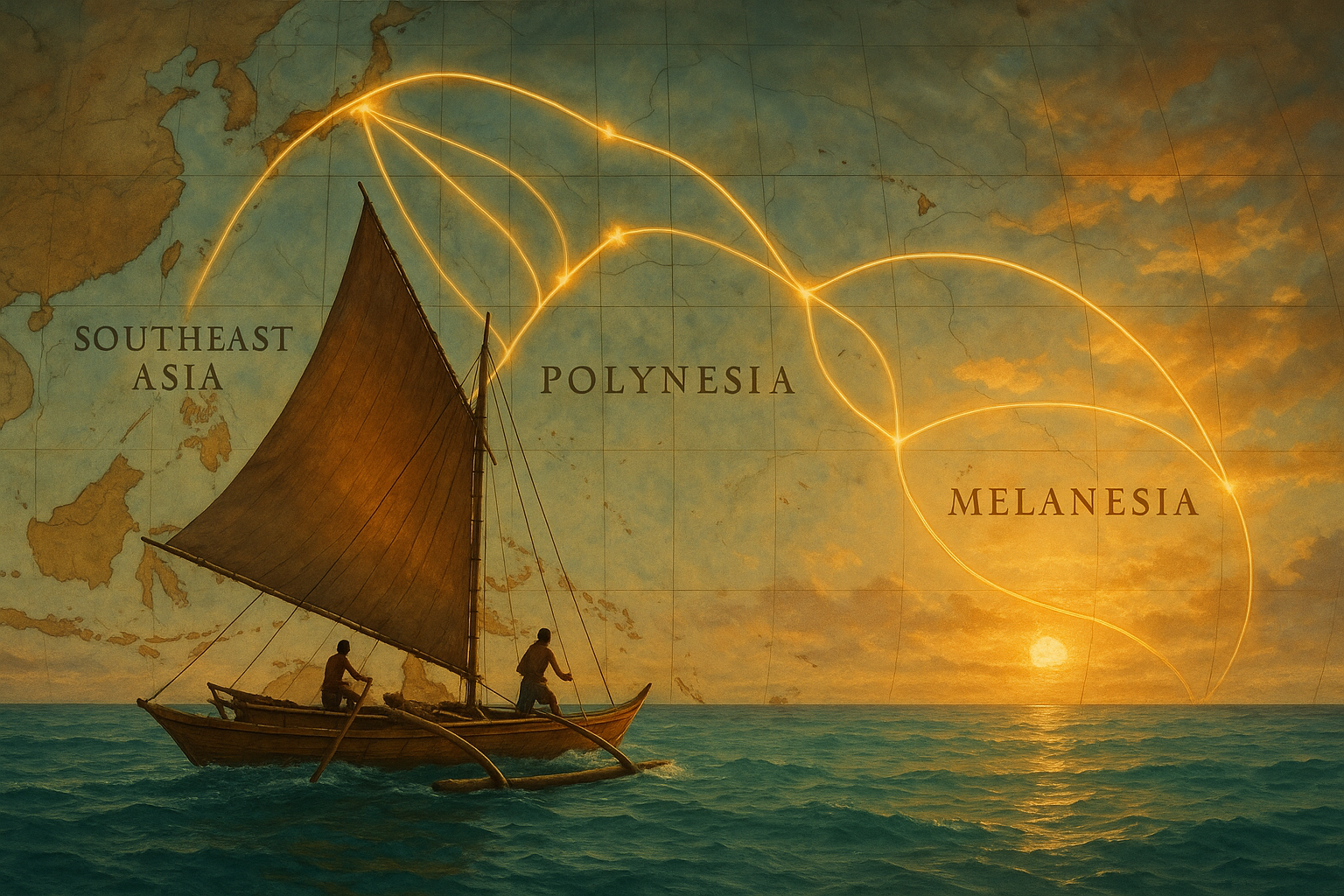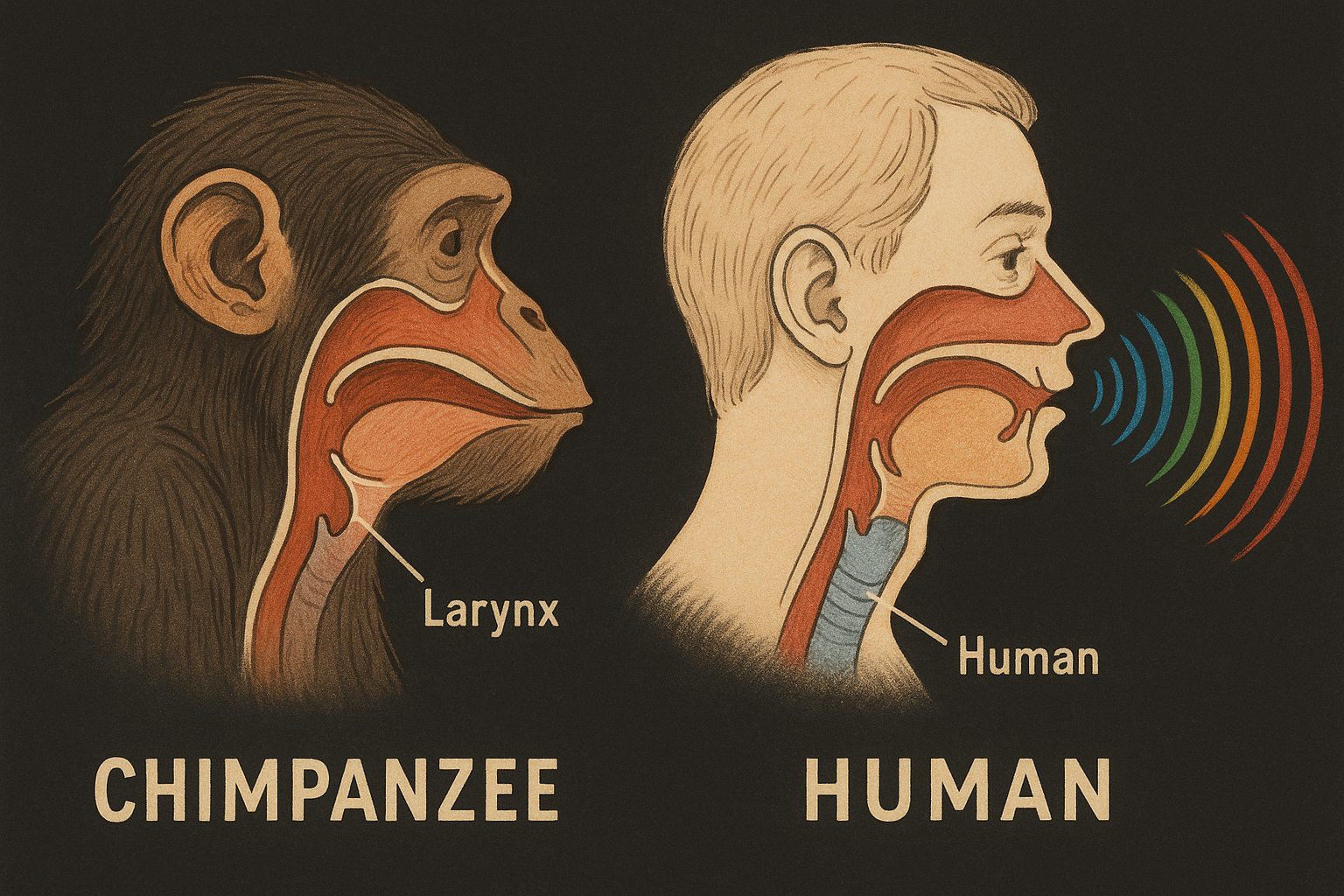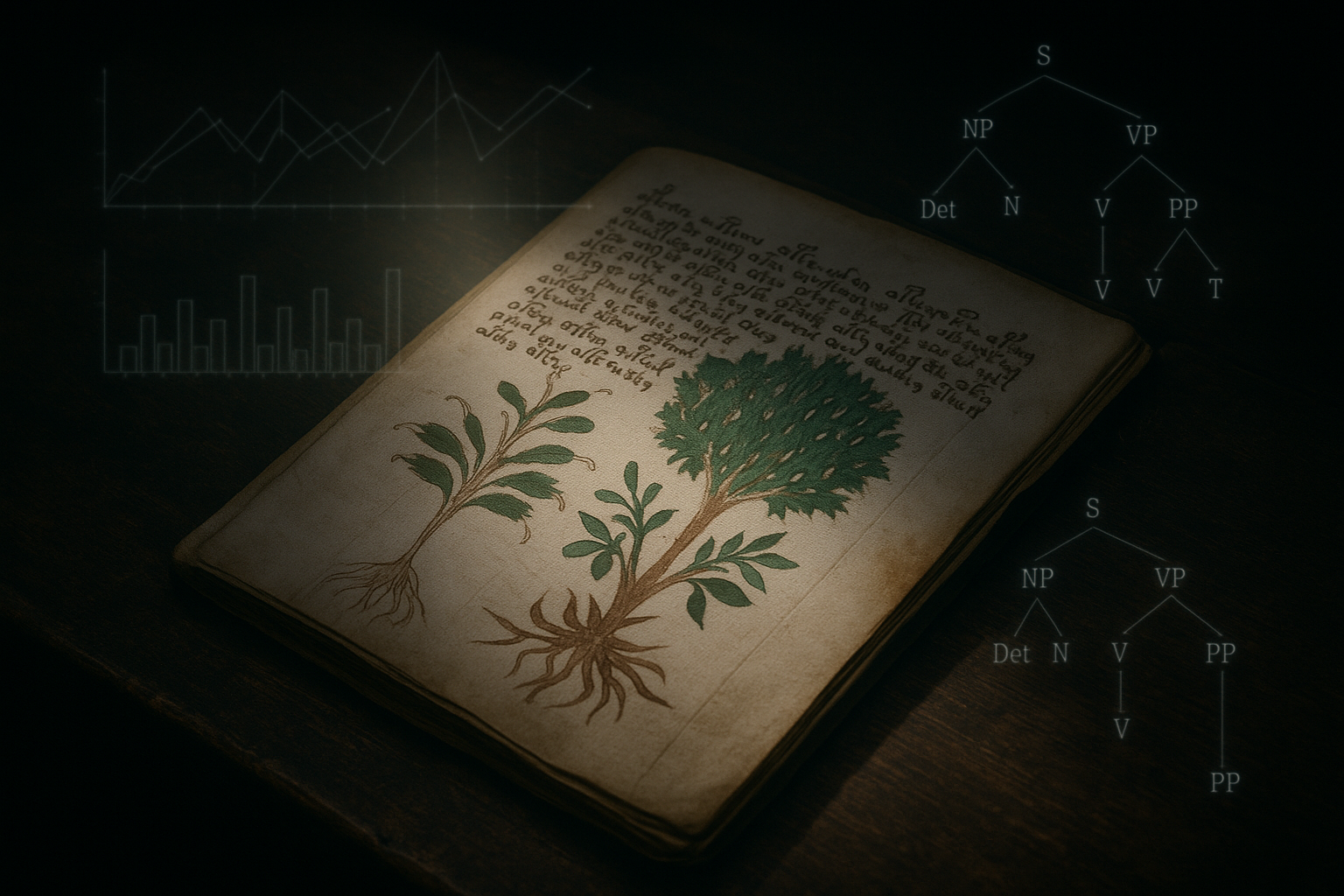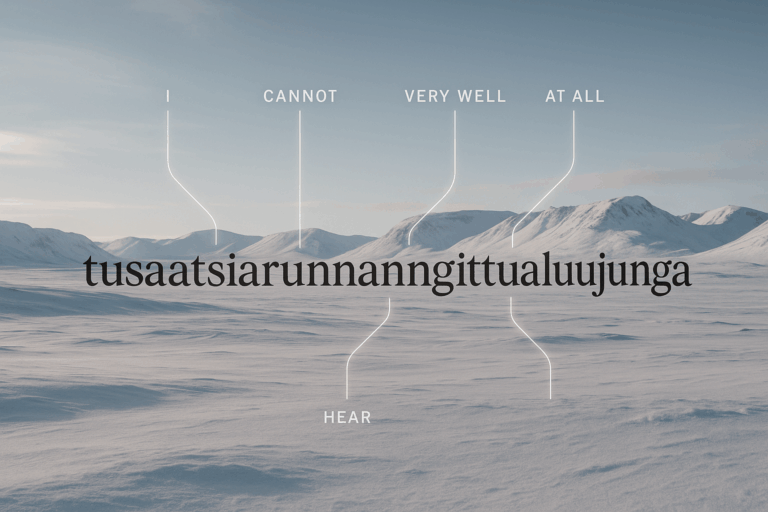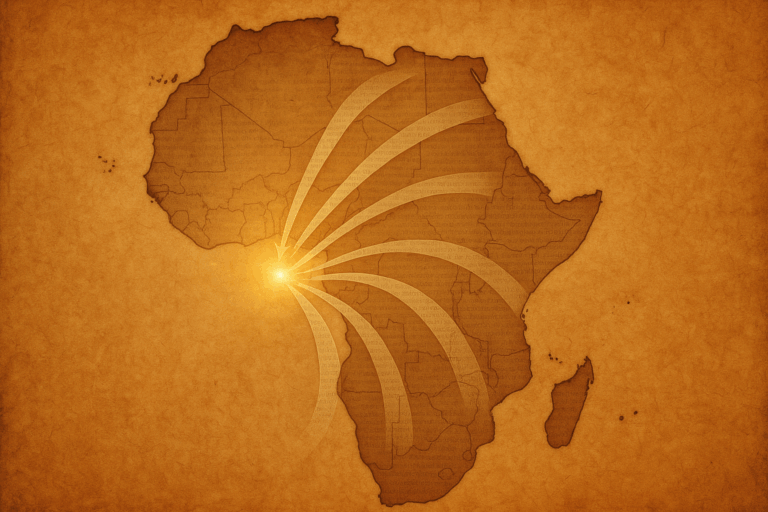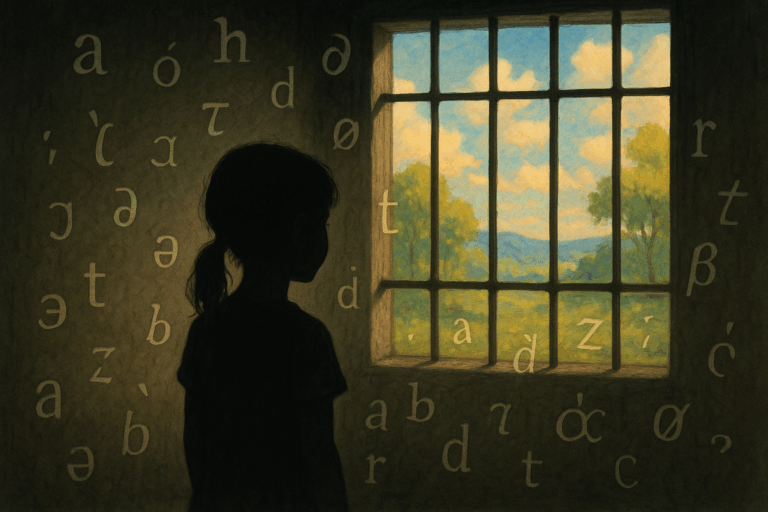The Great Bantu Migration: How a Language Family Shaped Half a Continent
Over several millennia, a wave of migration spread a single language family from West-Central Africa to cover nearly the entire southern half of the continent. This was the Bantu Expansion, a monumental human journey pieced together not from ruins, but from linguistic breadcrumbs. By comparing shared vocabulary for farming, cattle, and iron, linguists have mapped how the ancestors of Swahili and Zulu speakers reshaped a continent.
